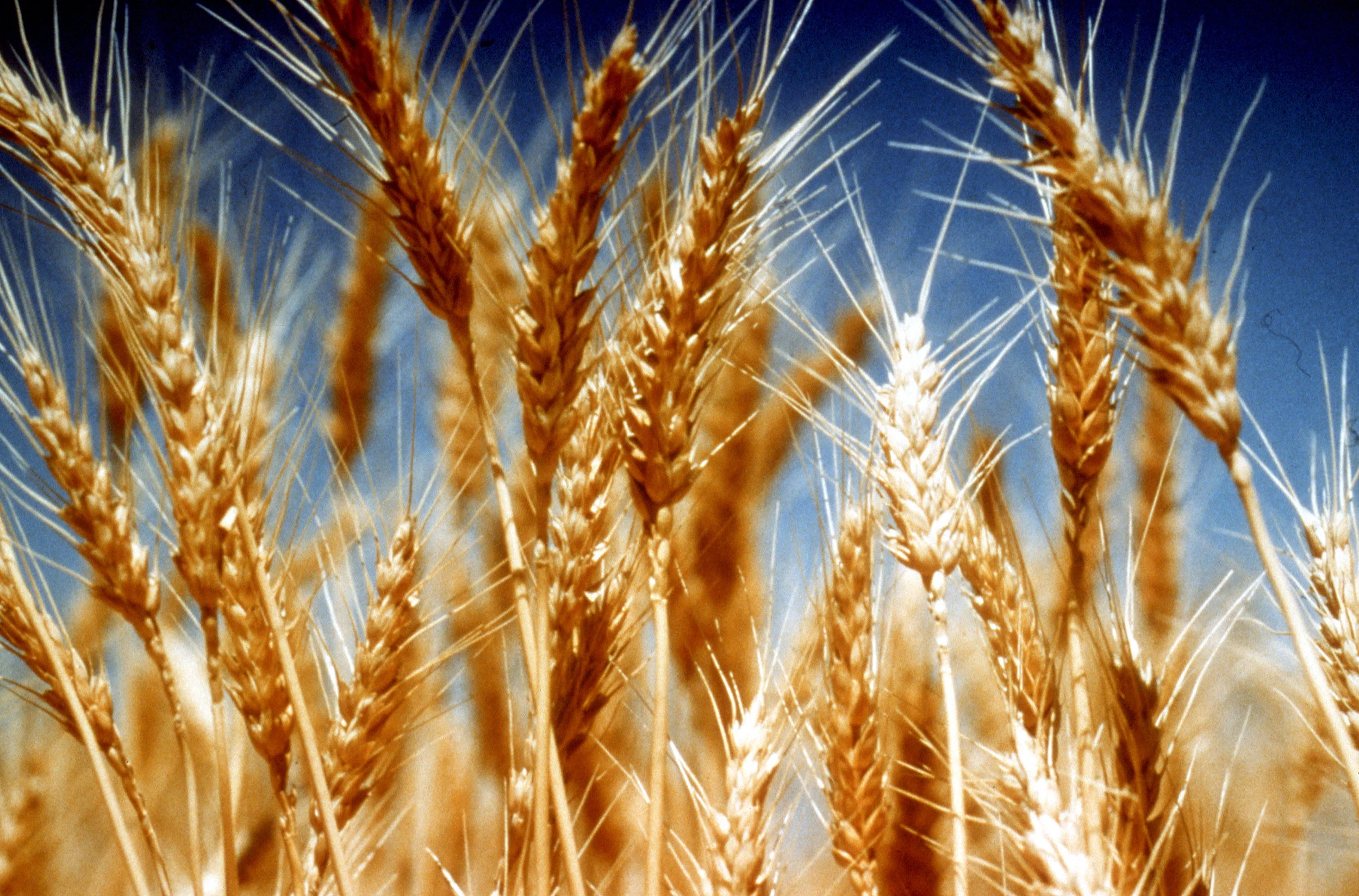Humans first started farming over 12,000 years ago, and ever since then we’ve been looking for ways to make it easier and more efficient. Even today, with the colossal size of the agriculture sector, projects are in the works that will change the way we farm forever. Here are just a few of the ways technology is changing agriculture…
The Robo-Farm
We’re just beginning to see the infancy of applied artificial intelligence, and the imminent wave of new, smart machines is set to revolutionise the way farmers grow crops through targeted inputs. While this niche has yet to really take off, it’s predicted that agricultural robots will perform a number of different tasks necessary for running a farm, such as driving tractors and combines, weeding, fruit picking and disease control. One UK project is developing 3D cameras which can be used to tell when broccoli is ready for harvest, which will have a key role in agricultural automation in the future. Just like every industry, the agricultural sector is set to become less and less dependent on human labour.
Smart Water
The agriculture industry accounts for a massive proportion of all the fresh water use in the world, but over half of this is wasted. However, emerging technologies will be able to mitigate this issue through warning farmers of leaks and equipment failure as soon as they happen, and allowing them to control component such as water pumps and flow meters for irrigation systems remotely. Remote-controlled water pumps are already being used in India, and has enabled thousands of farmers to minimise water and travel costs by controlling their irrigation from a mobile phone. A number of blueberry farms in Chile have also begun using a similar system to reduce waste and the cost of farming.
Farming from the Air
Drones are everywhere these days, and are gradually finding more and more applications in industries such as construction and agriculture. Some manufacturers have even begun to develop drones designed specifically for agriculture. These are equipped with software that allows them to capture high-res photos of crop fields, analyse the health of the crops, and generate prompts for important farming decisions. There are other projects in the works intending to create drones capable of seeding trees in massive volumes over a short space of time. Many experts believe that this is only the tip of the iceberg for agricultural drone applications.
The Smart Cow
Smart wearables are set to have a major impact on livestock management, from tracking their location to monitoring vital signs. There are farmers out there who already use this kind of tech to monitor the health of pregnant cattle, determine milking frequencies, and watch for the signs of disease symptoms. However, these medical systems are still in their infancy. Simple tracking software is much more common, with satellite collar-based systems being used in many farms across the developed world. This allows a farmer to pinpoint the location of an animal, and see exactly where it’s traveling on a digitized map.




































